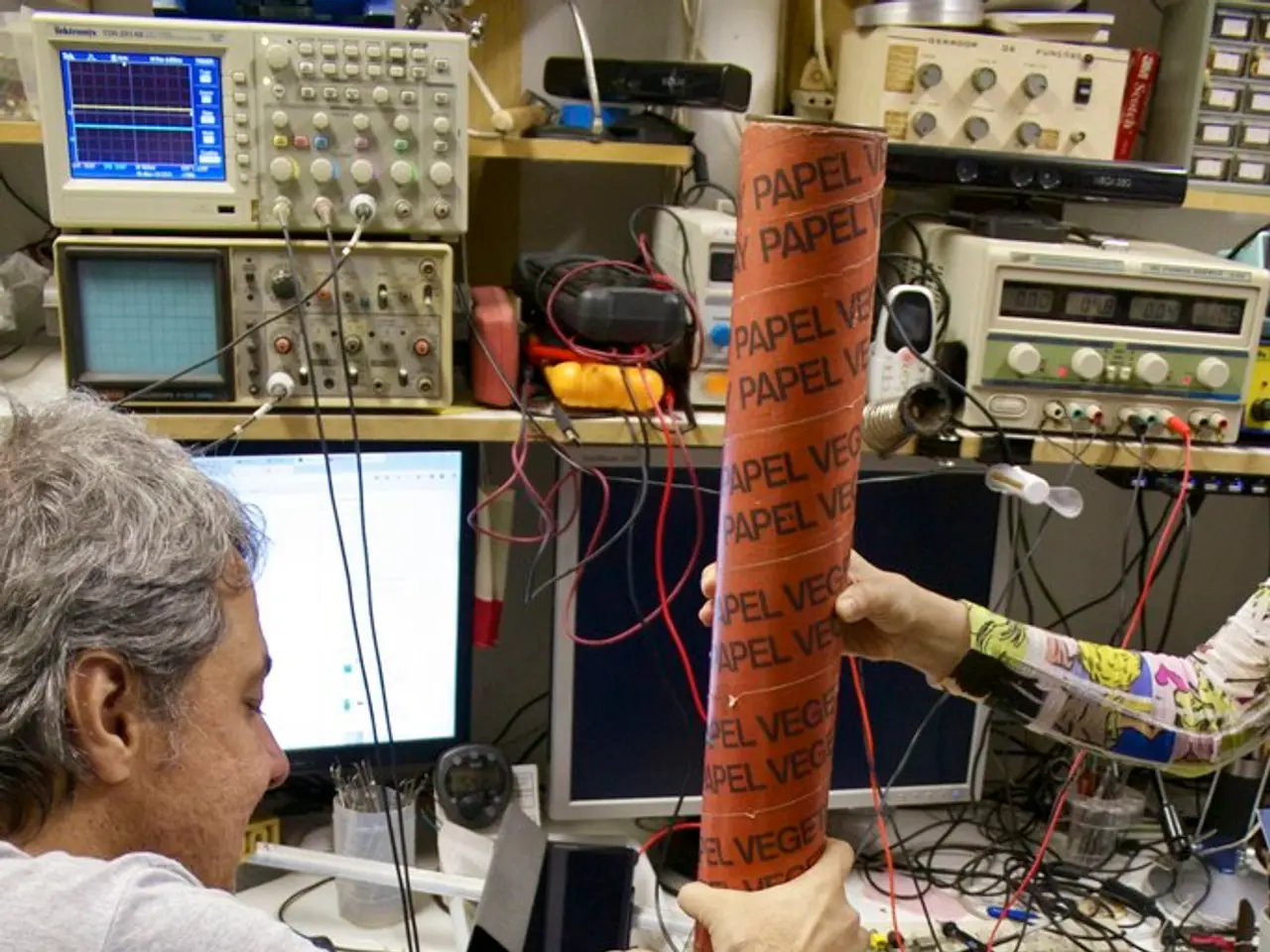Rapidly Achieve Improved Mood (Without Forcing Positive Reflections)
In a fascinating exploration of the connection between our bodies and minds, a new study reveals the bi-directional relationship between body posture and mood. This relationship suggests that not only does our mood influence how we hold our body, but consciously changing our posture can also affect how we feel emotionally.
According to the embodied emotion theory, emotional states are linked to and reinforced by bodily positions. Posture acts as feedback that influences emotional self-evaluation. For instance, feeling proud or confident is often accompanied by an expanded, upright posture, while sadness or low mood correlates with slumped, closed postures.
Moreover, postural awareness provides sensory feedback from muscles and joints that can modulate mood and self-esteem. Proper posture optimizes physiological functioning such as better muscle efficiency and energy, which supports positive mood and cognitive focus.
The vestibular and somatosensory systems also play a crucial role in this dynamic. These systems integrate body position and movement with emotional regulation. Disruptions in these systems can cause emotional and body awareness issues, especially in trauma.
Practical examples of this relationship abound. For instance, sitting up straight while working not only prevents physical discomfort but can increase alertness, enhance mood, and raise confidence levels, leading to better productivity. When people feel proud, their posture opens up (chest lifted, shoulders back), which can in turn reinforce the feeling of pride—a positive feedback loop. Conversely, adopting a slumped posture when sad or anxious can deepen negative feelings, but intentionally correcting posture can help elevate mood and reduce stress.
Therapies using body awareness and mindful posture adjustments help trauma survivors reconnect with their bodies and regulate emotions through improved sensory integration.
So, what are some simple experiments you can try to harness the power of posture? A minute or two in a slouched posture, followed by an upright one, can reveal a noticeable change in mood and energy. Rapid and jerky movements during stress can be an unexpected stress hack, as focusing on slowing down these movements can help manage stress. Mimicking a smile can make one feel more positive, while mimicking a frown can make one feel worse. Setting random alarms throughout the day and checking posture can help train the habit of maintaining an upright posture. The practice known as the power pose, which involves adopting a confident stance, can boost mood and energy.
Intriguingly, a study on slouching vs. skipping found that volunteers who walked with a skipping-like motion for two minutes experienced a significant boost in energy levels compared to those who walked slouched. This suggests that doing the opposite of movements during stress can boost energy levels.
In conclusion, the link between feelings, posture, and movement is bi-directional. How one moves and holds their body can influence how they feel. The power to control one's posture and movement lies in the individual's control, allowing them to create the feelings they want at any moment. This dynamic makes posture both a reflection and a tool for managing psychological well-being.
Self-esteem can be impacted by postural awareness, as the sensory feedback from muscles and joints associated with proper posture can support positive emotional self-evaluation. The science of health-and-wellness highlights the importance of fitness-and-exercise and mental-health in maintaining a bi-directional relationship between body posture and mood. Regular practice of mindful posture adjustments and the power pose, which involves adopting a confident stance, can boost mood, energy, and self-esteem.




